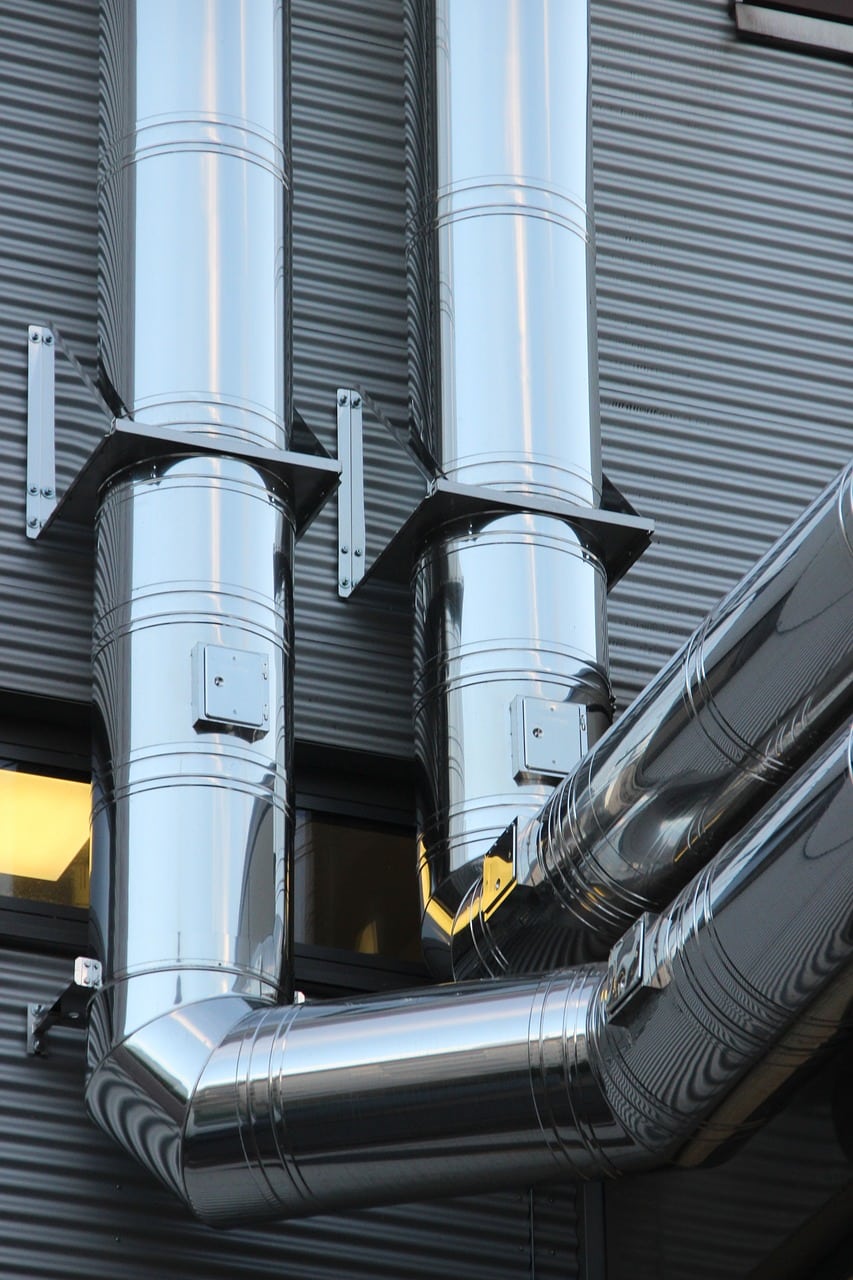There is a common misconception that trenchless pipe repair can only be used for minor repairs. While this type of repair method does have a few limitations, it can handle a wide variety of repairs. In fact, CIPP is quite likely one of the most versatile repair methods that is also not invasive. In this guide, we will share the things that CIPP can generally be used for, as well as some things it may not be able to be used for. Check out more below!
Trenchless Pipe Repair Dos
Every type of repair is going to have its limitations. CIPP is the same. It requires an expert who can look at the scenario and determine whether or not it will be a good fit. As long as there is access through an access point or a utility hole, then the pipe can at least be assessed for CIPP repair. This reduces digging even to investigate what needs to be done.
When you have leaks, aging, cracks, or even some corrosion, CIPP can help. In addition to working for these repairs, you can use it for proactive treatment to avoid pipe failure as well. CIPP can be used for various materials and various sizes of pipes.
Pipe Materials
CIPP works for almost any pipe material. This includes Orangeburg, cast iron, steel, PVC, and more. CIPP just needs to be able to adhere, and since it uses an epoxy-style coating, that’s rarely a problem. Sometimes, the pipe will need to be cleaned before placing the lining, but otherwise, any materials can be utilized.
Pipe Sizes
This versatile material can work for nearly any pipe size as well. Those large-diameter pipes that are always challenging to replace or repair can be fixed with CIPP. There are only very small sizes that won’t be compatible here. Everything else can dealt with easily enough! The minimum pipe diameter recommendation is about 4 inches.
Trenchless Pipe Repair Don’ts
While CIPP does work effectively for the majority of scenarios, there are times it won’t be a good choice. If the pipe is too far gone, it will have to be replaced. This is why so many companies have started being proactive with lining the pipes to prevent future failure. There are two basic scenarios where CIPP won’t be a good fit.
Extensive Corrosion
In the event that pipes are heavily corroded, CIPP will not work. The problem here is that the corrosion has already weakened the pipes. A little bit of corrosion isn’t an issue, but major corrosion is. Extensive corrosion makes the pipe too fragile to be able to handle the liner curing to the materials. The pressure of adhesion is more likely to cause additional damage in this scenario.
Collapsed Pipes
If the pipe has already collapsed, it has to be replaced. The liner is only effective in pipes that are still solid. If a pipe is collapsed, the liner cannot properly adhere. CIPP won’t be able to repair the pipe in this state, either.
Call Advanced Pipe Repair for Trenchless Pipe Repair
While it’s not perfect, no-dig pipe repair does offer a wide variety of solutions. It works on many materials and diameters of pipelining to bring a simple and effective repair to existing pipelining. Call us today to discuss your repair needs!

